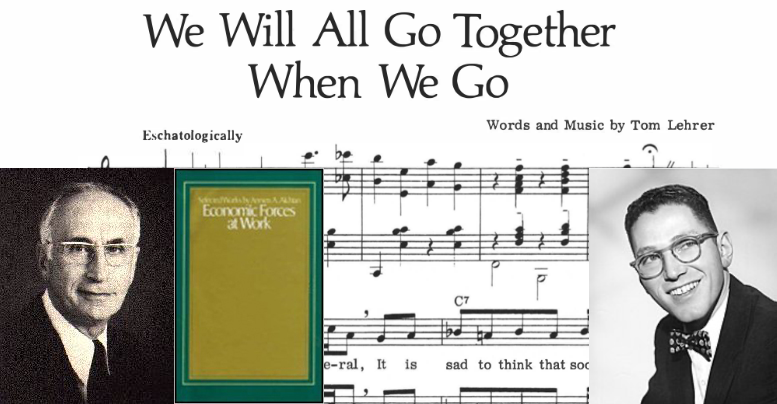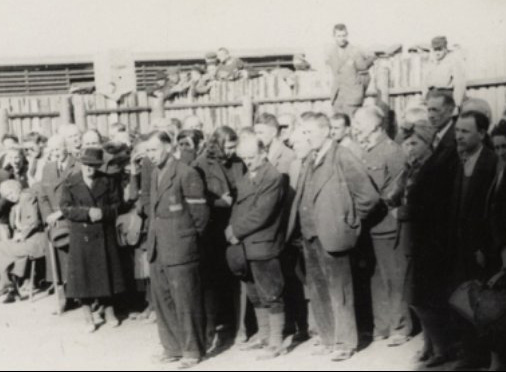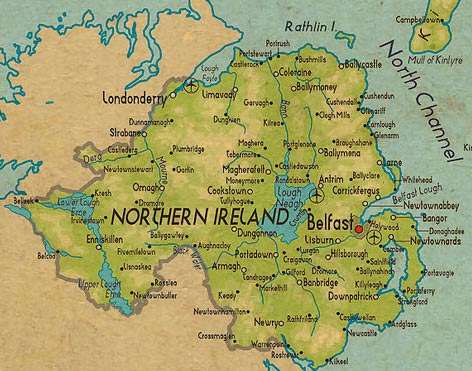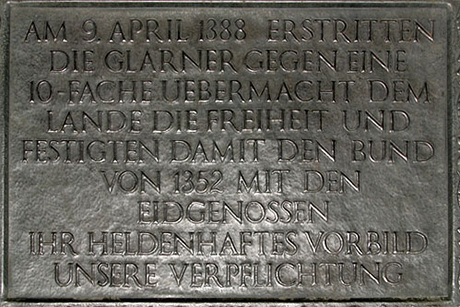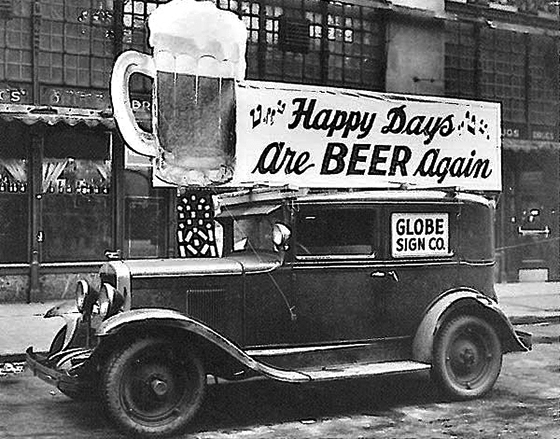On April 12, 1914, American economist Armen Alchian was born. His contributions to economic theory and teaching were many and varied — his textbook, co-authored with William R. Allen, University Economics (also titled Exchange and Production), was widely considered one of the finest intermediate texts in microeconomics — but he remains perhaps best known for his work on property rights.
Alchian died in 2014, in late February, at the age of 99.
Fourteen years later, on April 9, 1928, American mathematician, singer-songwriter, satirist, and pianist Tom Lehrer was born. He is best known for the pithy, humorous songs he recorded in the 1950s and ’60s, often parodying popular song forms, though he usually created original melodies when doing so. Standouts in black humor as in “I Hold Your Hand in Mine,” “The Irish Ballad,” and “Poisoning Pigeons in the Park” vie for fan attention with songs dealing with social and political issues of the day, particularly when he wrote for the U.S. version of the television show That Was the Week That Was. These latter included “Pollution,” “We Will All Go Together When We Go” (a rousing nuclear Armageddon anthem), “Werner von Braun” (an arch look at America’s paperclip hero), and “The Vatican Rag” (memorializing Vatican III reforms).
In October and November of 2020, Mr. Lehrer relinquished all his musical works into the public domain. See his still-existing website Tom Lehrer Songs.
